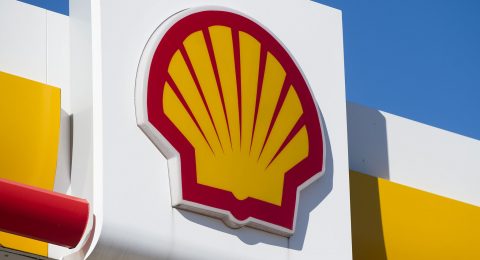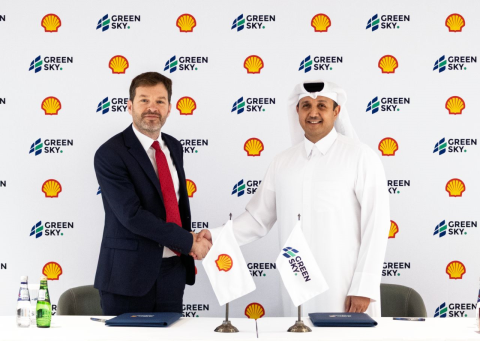European oil giant Royal Dutch Shell Thursday reported a sharp fall in its profit for the second quarter, hit by the plunge in oil and gas prices. Further, the company said separately that it plans to eliminate 6,500 positions in 2015. The stock gained nearly 3 percent on the London Stock Exchange.
Pre-tax profit dropped to $5.572 billion from $9.123 billion in the prior year, amid a significant decline in oil and gas prices and decreased production volumes. Attributable profit fell to $3.986 billion from $5.307 billion last year.
Earnings, on a current cost of supplies or CCS basis, declined to $3.4 billion from $5.1 billion for the same quarter a year ago.
Excluding items, CCS earnings were $3.8 billion, while it totaled $6.1 billion last year. Total revenue and other income fell to $73.95 billion from $115.27 billion in the previous year. Upstream earnings plunged 80 percent to $774 million, hit by the plunge in oil and gas prices.
Further oil and gas production were lower, driven by planned maintenance at Pearl GTL in Qatar, heavy oil in Canada, and deep-water in the Gulf of Mexico, lower fiscal entitlement at Majnoon in Iraq, curtailment and underground storage reinjection at NAM in the Netherlands, and divestments in North America resources plays.
Yet, earnings benefited from lower costs, decreased depreciation, and new liquids production volumes, mainly from Cardamom and Mars B in the Gulf of Mexico.
Oil and gas production dropped 11 percent to 2.73 million barrels of oil equivalent per day or boe/d. Excluding the impact of divestments, curtailment and underground storage reinjection at NAM in the Netherlands, PSC price effects, and security impacts in Nigeria, production slipped 3 percent from the prior year.
Downstream CCS earnings surged 116 percent to $2.746 billion, benefiting from lower costs, higher contributions from manufacturing, and lower taxation.
Shell said oil products sales volumes for the second quarter rose 1 percent, while Chemicals sales volumes decreased 1 percent.
The company announced a second quarter dividend of $0.47 per ordinary share and $0.94 per American Depositary Share.
Looking ahead, compared with the third quarter 2014, Upstream earnings are expected to be impacted by some 104 thousand boe/d as a result of divestments, 80 thousand boe/d associated with the impact of curtailment and underground storage reinjection at NAM, and some 33 thousand boe/d driven by planned maintenance.
As a result of asset sales in Australia and Italy, refining capacity is expected to decrease by 60 thousand barrels per day and marketing volumes are expected to decrease by some 100 thousand barrels per day compared with the third quarter 2014.
Separately, Shell issued an update on company development and recommended combination with BG Group Plc.
The company expects operating costs to fall by over $4 billion, or around 10 percent, in 2015, as its sustainable cost reduction programs gather pace. The firm plans to reduce costs further in 2016 and expects reduction of some 6,500 staff and direct contractor.
2015 capital investment is expected to be around $30 billion, down $3 billion since Shell’s last update in April, reflecting cost reductions, project cancellations and re-phasing of growth options. Overall this is a reduction of 20 percent from 2014 levels, and 35 percent compared to 2013.
Allaying fears that its combination with BG is ill-timed, Shell said the combination should enhance its free cash flow, create an IOC leader in LNG and deep water innovation, and be a springboard to change Shell into a simpler and more profitable company.
The regulatory filings process and integration planning are progressing well for the deal, Shell noted.
Shell’s CEO Ben van Beurden said, “We will re-shape the company once this transaction is complete. This will include reduced exploration spend, a fresh look at capital allocation in longer term plays, and asset sales spanning upstream and downstream. This should concentrate our portfolio into fewer, higher value positions, where we can apply our know-how with better economy of scale. In essence, we ‘grow to simplify’.”
Source: Nasdaq












